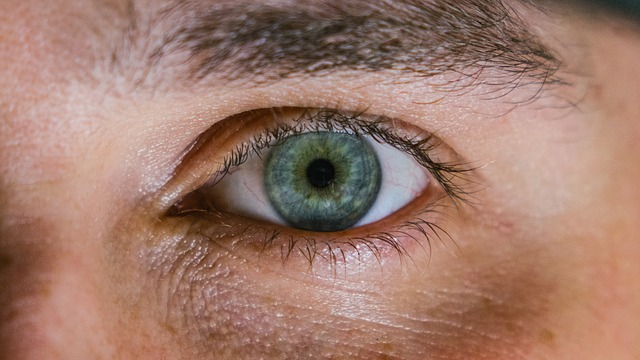
Eyewitness testimony is proven to be unreliable and untrustworthy.
Welcome back and thank you for joining us for this discussion on eyewitness testimony, and whether or not experts believe it’s a reliable form of evidence. As we talked about in the previous installment, more and more courts these days are acknowledging the fact that eyewitness testimony may not be as infallible as they had previously believed. Judges all over Michigan are beginning to understand the weakness in it. In addition, numerous studies have shown that it simply isn’t reliable. The question is “why?” What makes eyewitness testimony such an inconclusive science? Well, the answer is a knotty one, so let’s get started…
Have you ever been in a store or at a restaurant, when you suddenly saw someone you know, only to discover that it’s a complete stranger and your eyes played a trick on you? It’s happened to almost everyone and it’s a classic sign of how the human mind works. The reason behind the unreliability of eyewitness testimony, if you want to sum it up in one word, would be ‘memory.’
The human mind is constantly filtering information out of it’s surroundings and processing it. However, that process is heavily affected by a huge number of factors that the individual usually isn’t even aware of. The mood they are in at the time, events that happened earlier that day, what they were thinking about that the time and other things that were happening simultaneously. All of these will affect how the information is received, processed and stored.
For example, identifications made at crime scenes are often affected by the stress the witness may be under at the time. If there is danger, for example, which would induce fear and the witness is under pressure, this will have a huge impact on how information is perceived and stored in the mind. Add to that darkness, or noises, or confusion, and the identification gets even more questionable. In addition, studies have shown that positively identifying a person who is unknown to the witness or who is of another race, is even less likely to be reliable.
Unknown people, and people of different races are proven to be even harder to identify
Once the mind has stored the information, the way that it is recalled or remembered can also be affected by innumerable outside forces. For example, the way in which an officer questions a witness can have a major influence on how that witness recalls the information. According to a study conducted by the National Academy of Sciences entitled “Identifying the Culprit: Assessing Eyewitness Identification” this is frequently an issue. They say that Insufficient training, the absence of standard operating procedures, and the presence of actions and statements made at the crime scene can intentionally or unintentionally influence eyewitness’ identifications.
Police officers have been known to sometimes intentionally influence a witness, using leading questions and suggestive comments, to identify the suspect that they believe is guilty. However, even when police officers make their best efforts to remain as impartial as possible, the human mind is easily swayed by even unintentional remarks and specific body language.
According to the Innocence Project, “Eyewitness misidentification is the greatest contributing factor to wrongful convictions proven by DNA testing, playing a role in more than 70% of convictions overturned through DNA testing nationwide.” So when you consider the implications of how many eyewitness testimonies have resulted in people being wrongly convicted, it’s easy to understand why there is concern about the use of eyewitness testimony during criminal trials. Thankfully our judges in Michigan are realizing that to some extent.
Join us next time, when we will be looking at the science behind unreliable eyewitness testimony and how the human mind works in these situations. Until then, if you have been accused of a crime in Michigan, whether it has to do with weapons, drugs, theft, assault, fraud or sex crimes, we can help you. Call our experienced defense attorneys at 866 766 5245. The Kronzek Firm have spent decades successfully defending clients in Michigan against false accusations and criminal charges for decades.